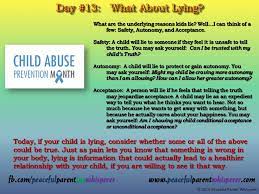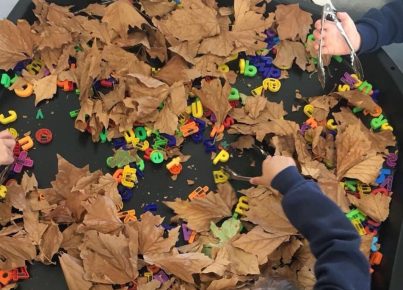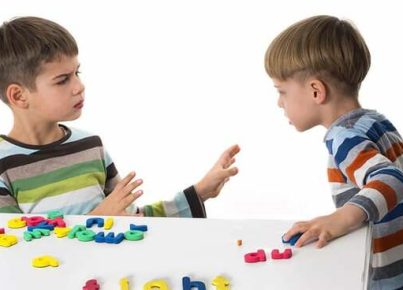Introduction
Sexual abuse is a critical and sensitive subject that has long-lasting traumatic effects on children. When reports of sexual abuse surface, it is crucial to learn the truth for the sake of justice and the well-being of all parties involved. However, an often-asked question is, can children lie about sexual abuse, and are there ways to tell whether they are lying or not?
Do Children Lie About Sexual Abuse?
Children might lie about sexual abuse for varied reasons. It could be due to attention-seeking behavior, peer pressure, confusion about an event, or as a result of coaching from a manipulative adult. While research suggests that false allegations of abuse by children are rare, they can still occur. According to studies, most false allegations originate during custody battles or parental conflicts.
Recognizing the Truth: Indicators of False Accusations
Determining the truthfulness of a claim is vital for both protecting the child and exonerating any wrongfully accused individuals. Here are some indicators practitioners can use to help differentiate between false and genuine accusations:
1. Consistency in Narration: Genuine accounts tend to be consistent over time as children recount their story with minor variations since memory retrieval isn’t always perfect.
2. Age-appropriate Language: Younger children who have been sexually abused often describe their experience in age-appropriate language, focusing on concrete details rather than abstract concepts.
3. Specificity in Details: Genuine accounts will contain specific details about the abuse incidents with accurate descriptions of locations and the sequence of events.
4. Emotional Responses: Genuine narrations come with emotional reactions reflective of their experiences such as anxiety, fear, or embarrassment.
5. Explicitness: Victims who have experienced sexual abuse will speak about explicit acts that directly involve them.
Assessment Tools
Several assessment tools have been developed to assist professionals in evaluating the accuracy of a child’s statements:
1. Criteria-Based Content Analysis (CBCA): CBCA is a technique designed to differentiate between true and false narratives based on the content and quality of the information provided in the child’s statement.
2. Statement Validity Assessment (SVA): SVA determines the truthfulness of an allegation by combining the CBCA technique with a psychophysiological assessment, often a polygraph test.
3. Narrative Elaboration Technique (NET): NET helps children provide more and better-quality details by encouraging them to integrate sensory, contextual, and emotional information during interviews.
Conclusion
False allegations can have severe consequences for both children and adults, so it is crucial to approach reports of sexual abuse with caution, sensitivity, and professionalism. While it is true that some children might lie about sexual abuse, studies suggest that such cases are relatively rare. By understanding the potential indicators of false accusations, using appropriate assessment tools, and adhering to proper investigative techniques, professionals can ascertain the validity of a child’s claims and ensure that justice is served.





